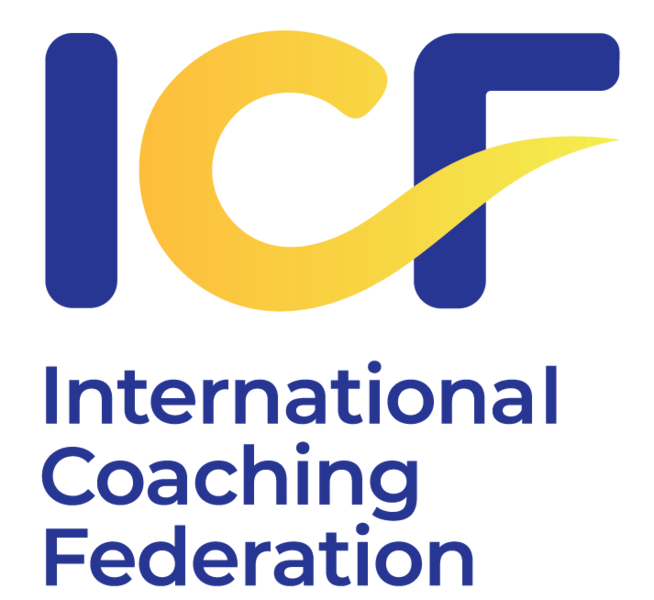Professional Partner Content
Leadership Coaching: A Benefit for Your Entire Team
Published Thu Feb 03 2022
As the Great Resignation continues, it is increasingly important for organizational leaders to prioritize investment in their teams. Employees who are engaged, learning, and confident their manager cares about their growth have more reasons to stay at a job rather than switch.
Difficulty arises, however, when leaders become caught in the mindset that prioritizing their teams means de-prioritizing themselves—or even that any investment in developing their own leadership skills would be selfish.
In fact, one of the most powerful professional development tools for leaders is also an act of proactive care that trickles down to everyone on their team: professional coaching.
Coaching for Leadership
The strengths and weaknesses of a leader have impacts that go beyond the individual. They extend to the entire team and even across the organization.
This increases the importance of leadership development. But what’s the best approach to accomplish this ongoing learning? Coaching has demonstrated the capacity to produce benefits beyond the individual being coached—benefits that transfer to the entire team.
The “Trickle Down” Effect of Coaching
Coached leaders and managers increase their self-awareness, develop active listening skills, and shift to a mindset of curiosity; in other words, through coaching, leaders themselves develop a coaching mindset. Equipped with this new leadership approach, they can develop deeper relationships and empower their team members.
[An ICF survey of managers and leaders](The Trickle-Down Effect of Coaching for Leadership) revealed that team members reported feeling more supported, respected, cared for, valued, trusted, and treated as equals by managers who adopted a “coach approach.” Over time, these feelings prompt team members to be more creative, productive, and development-focused, which fundamentally shifts the team’s dynamic.
The benefits of coaching for an individual, especially a leader, produce a trickle-down effect that delivers value to the team, as well as to the overall organization. This effect takes place regardless of whether other team members in the organization receive coaching. Further, it can create a culture of leadership-minded individuals who are willing to go the extra mile for their colleagues.
Strong Leadership Creates Strong Leaders
[In an ICF survey of leaders and managers](The Trickle-Down Effect of Coaching for Leadership) using coaching skills, these participative management-built relationships influenced individuals to advance their skills and increased job satisfaction among team members.
Leaders and managers who receive coaching are more likely to notice strain that arises within the organization and better equipped to act. Modeling conflict-management behaviors for the rest of the team helps them address difficulties in their day-to-day interactions with colleagues.
The results speak for themselves. Professional coaching may not be the single solution for the Great Resignation, but the tools that professional development provides to leaders and teams clearly tempers the impulse to leave. As such, coaching should be a priority for organizations facing the resignation challenge.

